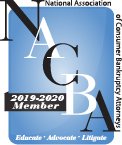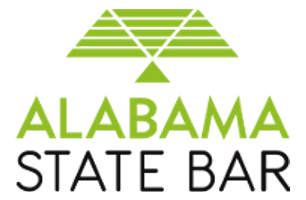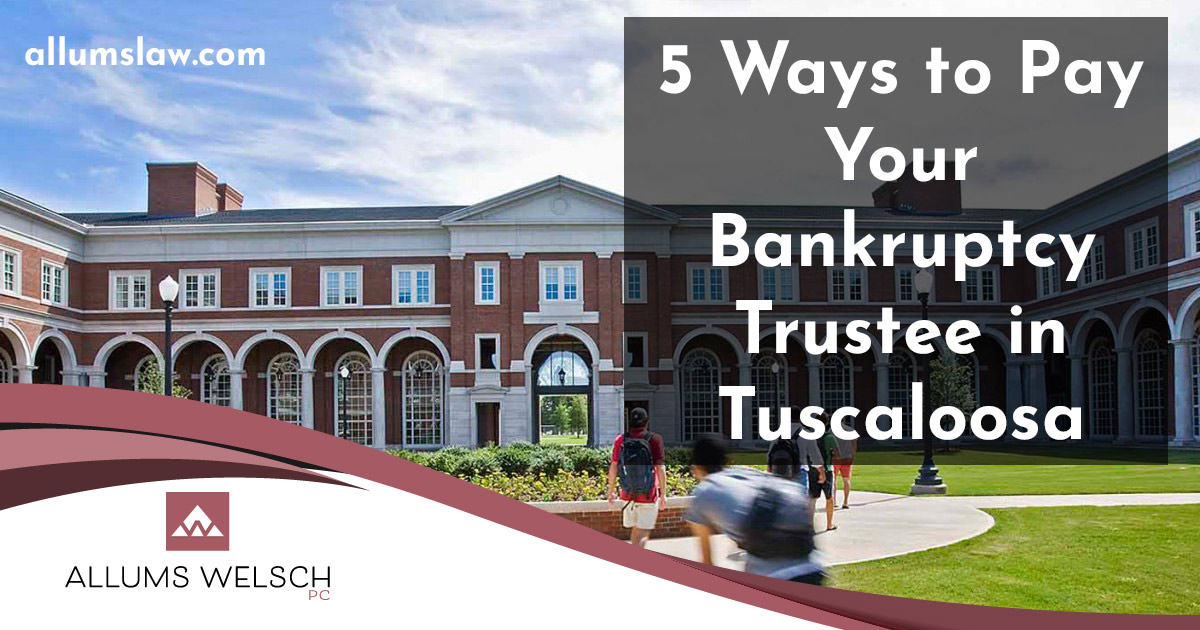Several factors are involved when determining what property is eligible for reclamation. Alabama exempts certain types of property from repossession under its bankruptcy laws. A property’s current monetary value determines whether it is exempt. For instance, you may be able to keep your vehicle if its value has significantly deprecated in value since the time of its purchase.
Yes, though the results are not exactly straightforward. The fact that you filed for bankruptcy appears on your report for up to ten years and may lower your score initially. That said, filing erases many of your past debts and, as such, helps repair the damages outstanding bills can cause. Most people who file for bankruptcy see an eventual increase in their credit score.
The rules governing bankruptcy filings are very complex and can have disastrous consequences if not followed properly. While it is possible for individuals to file for bankruptcy without a lawyer, working with a bankruptcy attorney ensures your paperwork is properly completed and goes through the proper channels. Federal law requires corporations and partnerships to have an attorney file a bankruptcy case.
Like filing for bankruptcy, deciding which type of bankruptcy to file depends on your individual circumstances. Chapter 7 bankruptcies are useful if you have limited assets protected from liquidation by law. Chapter 13 bankruptcies are best for a sole pproprietorship and individuals who either have substantial assets or are trying to stop repossessions or foreclosures.
A trustee’s responsibility is to:
- Administer your bankruptcy
- Make sure creditors get as much payment as possible
- Run the first meeting of creditors (called the “section 341 meeting”)
- Get information from you
- Get documents related to your bankruptcy
- Collect and sell non-exempt property (Chapter 7) or collect and pay debt according to a repayment plan (Chapter 13)
Trustees can be private individuals or corporations. They are not necessarily lawyers and the courts do not pay them. Their fees come from the bankruptcy filing fee or are a set percentage of the money distributed in the bankruptcy.
Filing for bankruptcy is a personal decision based on your finances. You may want to consider filing for bankruptcy if you:
- Have recently had a severe financial setback, such as a serious illness
- Cannot budget yourself out of debt in five years
- Are unable to pay more than the minimum amount of your credit card bills
- Are facing foreclosures or repossessions of your real or personal property
It depends on the type of debts incurred. Non-dischargeable debts for bankruptcy in Alabama may include:
- Alimony and child support
- Most student loans
- Traffic violations and criminal fines
- Any large loans or cash advances taken out prior to filing
- Debts from embezzlement, larceny, or breach of trust
- Income tax debts from the last three years
- Recent large purchases of luxury goods
Other non-dischargeable debts include damages from personal injury or death caused by driving while intoxicated.
Not technically. Filing for bankruptcy gives debtors an automatic stay, prohibiting the majority of creditors from garnishing wages or taking further actions against you. While they may still try to contact you, you have no obligation to speak to them and should direct them to your attorney.
Contact Allums Welsch, PC for bankruptcy assistance from a qualified lawyer
Scared you may lose your home or automobile? Allums Welsch, PC can help stay foreclosures and repossessions. Contact our firm for a free initial consultation to determine if bankruptcy is right for you. We work with clients in Jefferson, Tuscaloosa, Shelby, Bibb, Walker, and Blount counties, including Birmingham, Alabama.





